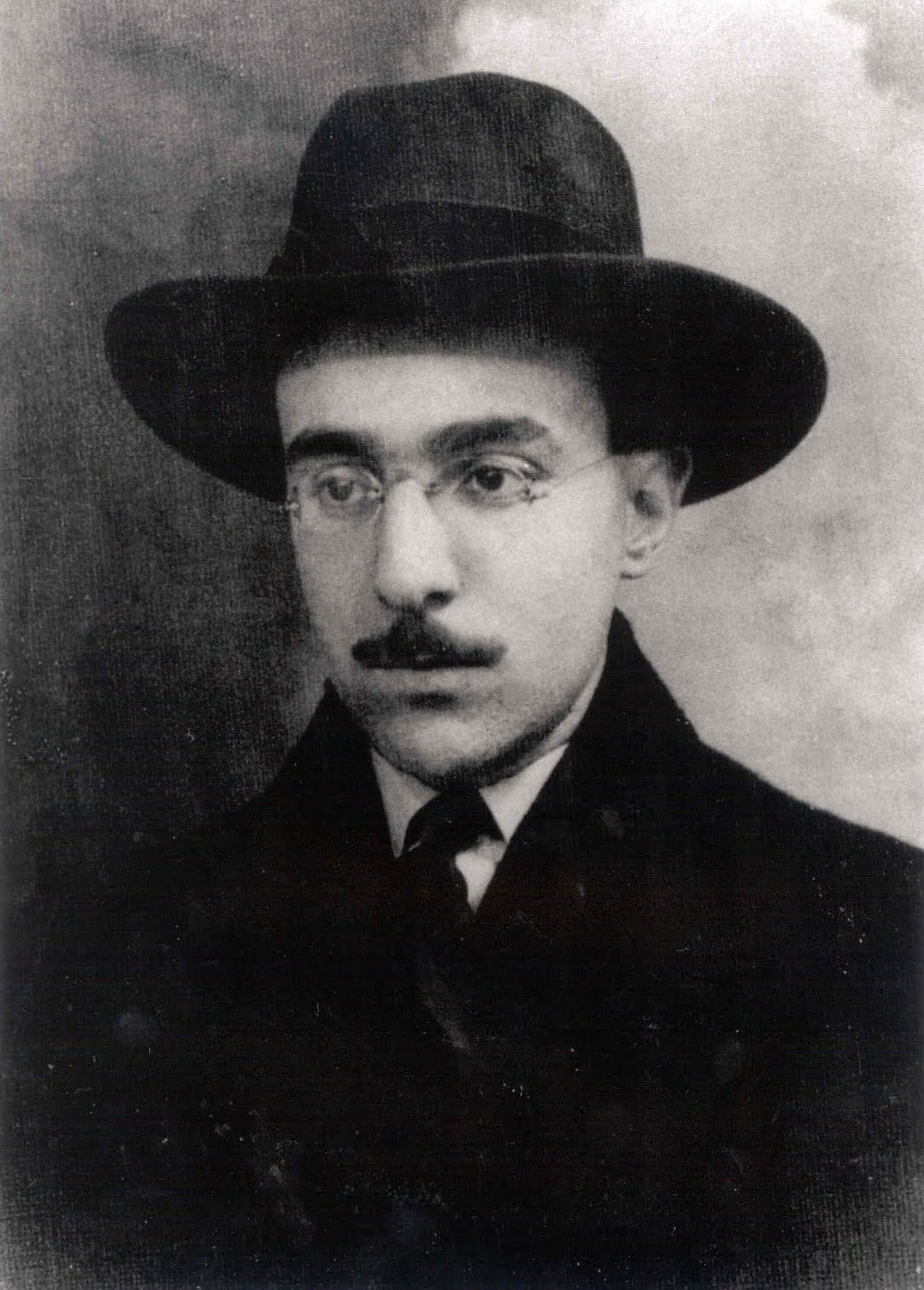Fernando Pessoa is an interesting character in modern literary history. He was ahead of his times in many of his ideas. He hammered out a modern vision of the 5th Empire, he saw himself as a sovereign individual, and he pretty much defined anarcho-capitalism in his short story on the anarchist banker. In one of his many reflections, he noted that a sovereign and an anarchist are two sides of the same thing.
This observation cuts two ways. It makes it clear that any individual aspiring to be a sovereign cannot at the same time be loyal to government. Conversely, governments are themselves anarchist institutions that operate by the rules set by themselves.
With governments everywhere becoming increasingly unhinged, thinking themselves entitled to tax our labor and wealth as they please, and control our lives as they please through mandates and regulation, Pessoa's world view becomes all the more relevant.
The state has declared itself master of all things, including the weather and our health. It thinks itself omnipotent. Nothing escapes its reach. Everybody has to obey by their rules.
However, nature, aka God, has arranged things differently. The world is immense and full of secrets. No bureaucracy can ever hope to know but a tiny fraction of it, so we can escape the grasping hands of bureaucrats merely by taking advantage of this fact.
Key to success is to realize that the state will take control of anything we register with it. Our labor and wealth must therefore be kept outside of the system as much as possible.
I realized this several years ago, and I've acted accordingly. I've reduced my registered wealth to zero, and I've acquired influence and unregistered wealth in its place. The immediate effect of this was a drop to zero in taxes and fees related to my possessions.
My wife and I live in a modest apartment with a minimum of fees and taxes. Our savings are in physical metals, hidden away in a place known only to us and two others.
Every year that passes, my existence fades in the memory of the taxman. As far as he's concerned, I own nothing and I have no income. I live off of my wife's meagre income.
However, my wife and I are better off than we appear. Our unregistered wealth is sufficient to allow me to work on projects for which there is no taxable income but plenty of other rewards. We're hunkering down while planning for a better future, and it's starting to dawn on others that they too need to do something similar in order to avoid confiscatory taxes and inflation.
Elon Musk is a high profile character who appears to have seen the writing on the wall. He's selling a portion of his stake in Tesla, allegedly to cover his tax obligations, but most likely to do some shuffling with his wealth as well.
Keeping in mind that anything registered with the state can be confiscated at will by the bureaucracy through the mere invention of a law, we see the shortcomings of bank accounts and registered shares. Real estate is even worse, having many fixed costs associated with it.
Crypto like Bitcoin may appear a sensible alternative to cash in the bank, but it cannot easily be acquired or spent without detection. Exchanges are required to inform governments about accounts and transactions. Getting money into or out of an exchange requires a bank account. Crypto becomes in this way a trap with multiple entry points for bureaucrats to access our wealth.
However, gold and silver can be spent directly, and no-one besides the people involved will ever know about it. If nothing is registered, all is forgotten over time. The very impermanence of time plays to our advantage. Once people fully realize this crucial difference between crypto and precious metals, we'll see gold and silver finally start to outperform their electronic competitors.
 |
| Portrait of Fernando Pessoa, 1914 |
No comments:
Post a Comment